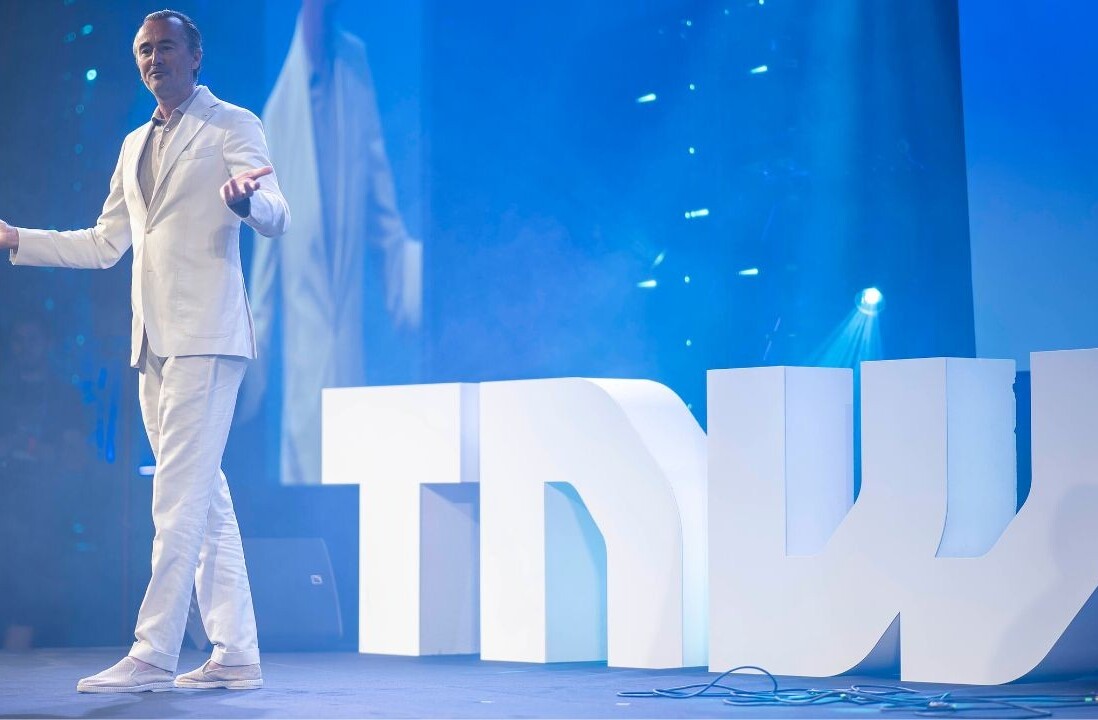
Today, Balderton Capital launched a Founder Wellbeing Platform based on how professional athletes approach reaching peak performance.
The London-based VC is making the wellbeing and performance programme available to all its portfolio company founders. It consists of four pillars — a six-month personalised health and fitness program, CEO forums for peer-to-peer support, executive coaching, and events and resources.
The idea behind the platform is based on research confirming that founders experience the startup ecosystem as a high-stress environment. Balderton conducted online surveys with 230 entrepreneurs, all of whom were either founders or co-founders of VC-backed companies.
Marathon in sprint-mode
The study found that, although pressure is unavoidable when running a business, putting in more and more hours is not the answer to better performance and results. Furthermore, it can negatively impact creativity, long-term perspective, and crisis management.
External demands and expectations play a significant role. 51% of founders said that investors and board members put pressure on entrepreneurs to be available at all times, and 84% feel there is an expectation that entrepreneurs must always work long hours in order to be successful.
Meanwhile, respondents also acknowledged that they themselves were part of creating a long-hours culture, despite being aware of diminishing returns from simply “working harder.”
“When I was an athlete, we had to take regular breaks between practice and competitions to be 100% mentally and physically fit when it mattered”, says Nico Jaspers, founder and CEO of Berlin-based AI-powered brand-tracking startup Latana. “But when I founded my own company, I somehow had the feeling that taking breaks was not really an option, and that I had to be there for everything all the time — it was like running a marathon in sprint-mode.”
Jaspers added that he has since found better ways of managing his time in order to really be able to be on top of things when it matters most.
From athletes to entrepreneurs
His experience is confirmed by Ute Stephan, professor of entrepreneurship at King’s College who says that high mental wellbeing means more productive, creative, and persistent entrepreneurs and more ambitious and resilient businesses. Correspondingly, entrepreneurs whose mental wellbeing suffers find it difficult to deal with challenges and crises that arise.
Indeed, research has found, perhaps unsurprisingly, that a holistic approach including areas such as sleep optimisation, nutrition, and support mechanisms are key to unlocking and maintaining performance not only for athletes, but for business executives as well.
Naturally, one could argue that this is true for all employees, but company culture trickles down from the top. As many as 90% of respondents to Balderton’s survey said it is their responsibility to set the tone for a company where everyone can look after their wellbeing.
Leaders who last as long as their vision
Suranga Chandratillake, general partner at Balderton capital and a co-founder and former CEO of Nasdaq-listed fintech platform blinkx, says that past a point, simply “working harder” can negatively impact decision making, and even result in burnout. The current lack of investment in founder wellbeing could directly damage the chances for companies to succeed.
Chandratilake himself quit the position of CEO at the age of 35 because he was burnt out after 10 years in the role. But he believes there is hope. “By changing the dynamic and resetting expectations in the startup ecosystem, we can increase the chances of success, both for the founders and investors,” he adds.
“We are doing this because we believe that the best way to change the world is to build a business. And that for those companies to change the world, they need leaders who can last as long as their vision.”
Get the TNW newsletter
Get the most important tech news in your inbox each week.




